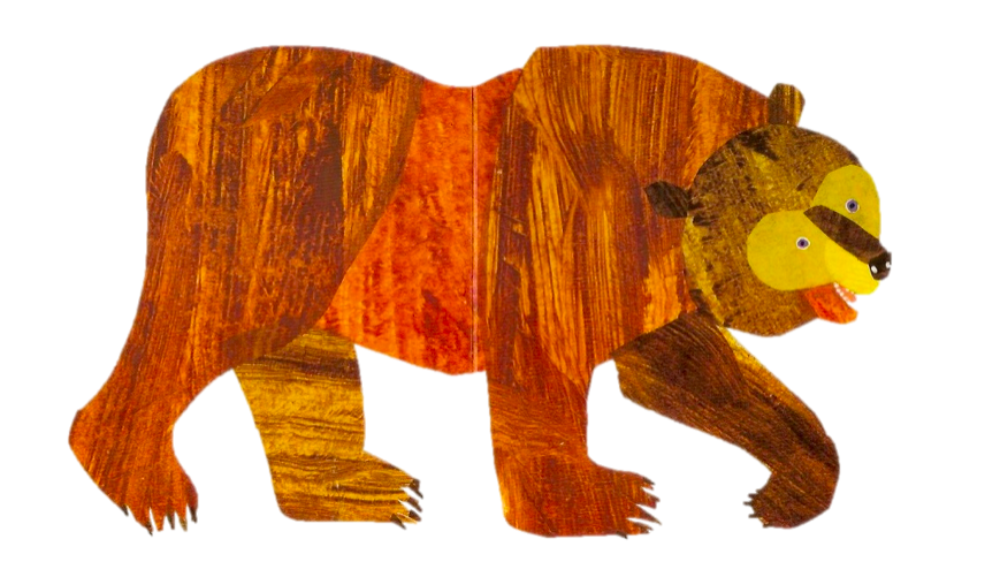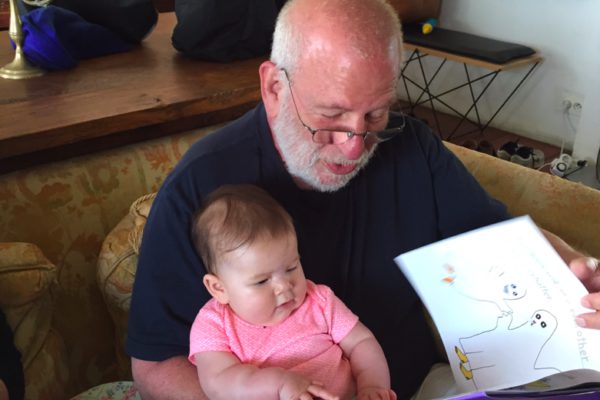
Graham Duncan, founder of East Rock Capital, is one of the people I’ve most enjoyed thinking with and learning from over many years. Graham’s a student of the human mind and human development, particularly as applied to the field of investment. Over breakfast not long ago, we were discussing the luminous moments in the work of certain thinkers we both admire, where it becomes evident what they can see more clearly than anyone else has seen it. This post is a jumping off point for sharing these moments with a broader audience.
GE’s Jack Welch holds that “the team that sees reality the clearest wins.” I’ve noticed that thinkers of various stripes will occasionally “see” some aspect of reality with intense clarity. Their writing will shift momentarily to a more revelatory style of prose as they try to express the profundity of their shift in perspective. This blog series is a collection of such moments of recognition—when I think I hear someone saying, “Hey everyone, look over here. I’ve been watching for a while and now I see it differently.”
Sometimes this perspective is literally a higher view: the writer Frank White interviewed 29 astronauts and then wrote about the “overview effect” theory, arguing that the sight of earth from space consistently transforms astronauts’ perspectives on themselves and the world. Rusty Schweickart, who flew on Apollo 9 in 1963, told White:
The earth is so small and so fragile and such a precious little spot in that universe that you can block it out with your thumb, and you realize on that small spot, that little blue and white thing, is everything that means anything to you – all of history and music and poetry and art and death and birth and love, tears, joy, games, all of it on that little spot out there that you can cover with your thumb. And you realize from that perspective that you’ve changed, that there’s something new there, that the relationship is no longer what it was.
I’ve been reading a children’s book to my one-year-old daughter titled Brown Bear, Brown Bear, What Do You See? I’ve begun imagining that when a grownup thinker is conveying a momentous shift in perspective, he or she is answering the deceptively simple question of “what do you see?”
Annie, Annie, what do you see?
Any culture tells you how to live your one and only life: to wit as everyone else does. Probably most cultures prize, as ours rightly does, making a contribution by working hard at work that you love; being in the know, and intelligent; gathering a surplus; and loving your family above all, and your dog, your boat, bird-watching. Beyond those things our culture might specialize in money, and celebrity, and natural beauty. These are not universal. You enjoy work and will love your grandchildren, and somewhere in there you die…Say you have seen something. You have seen an ordinary bit of what is real, the infinite fabric of time that eternity shoots through, and time’s soft-skinned people working and dying under slowly shifting stars. Then what?
—Annie Dillard, “This is the life” (Harpers, 2002)
Sandy P., Sandy P., what do you see?
I think of organizations as a group of people sailing in a stream of ideas. Sometimes they are sailing in swift, clear streams where the ideas are abundant, but sometimes they are in stagnant pools or terrifying whirlpools. At other times, one person’s idea stream forks off, splitting them apart from other people and taking them in a new direction. To me, this is the real story of community and culture. The rest is just surface appearance and illusion.
—Sandy Pentland, Social Physics
Ed, Ed, what do you see?
Originality is fragile. And, in its first moments, it’s often far from pretty. This is why I call early mockups of our films “ugly babies.” They are not beautiful, miniature versions of the adults they will grow up to be. They are truly ugly: awkward and unformed, vulnerable and incomplete. They need nurturing – in the form of time and patience in order to grow… Our job is to protect our babies from being judged too quickly. Our job is to protect the new.
—Ed Catmull, Creativity, Inc.



